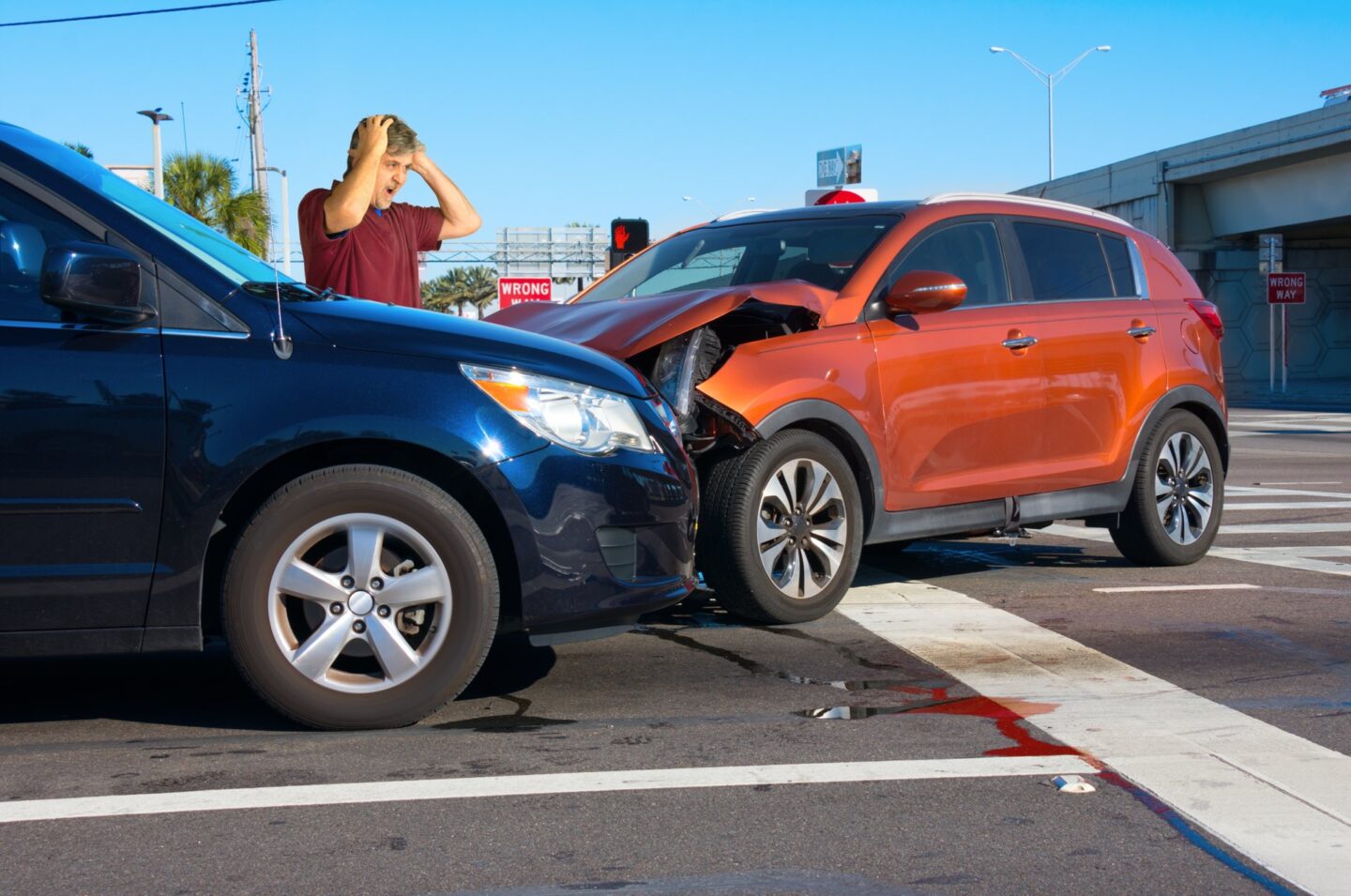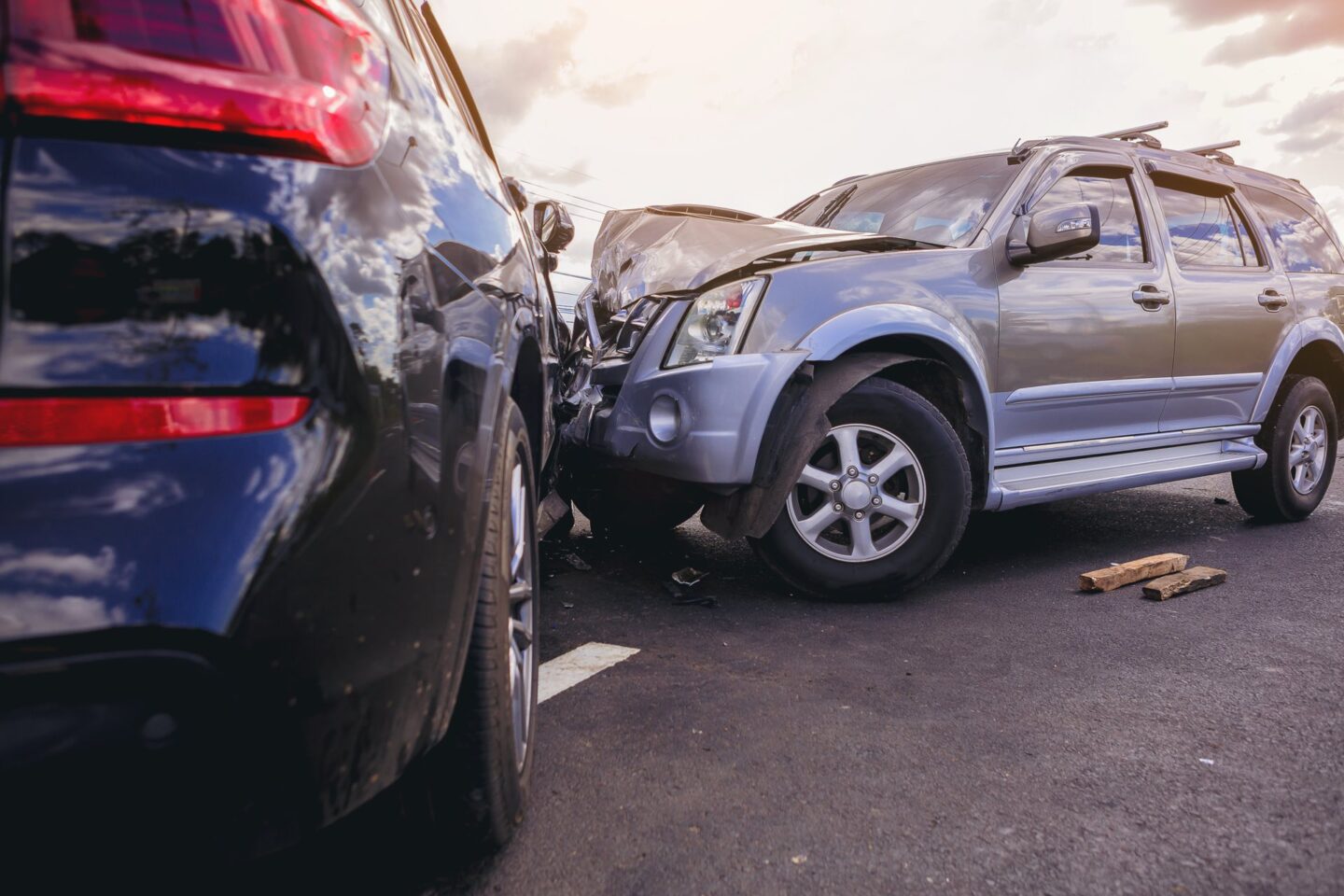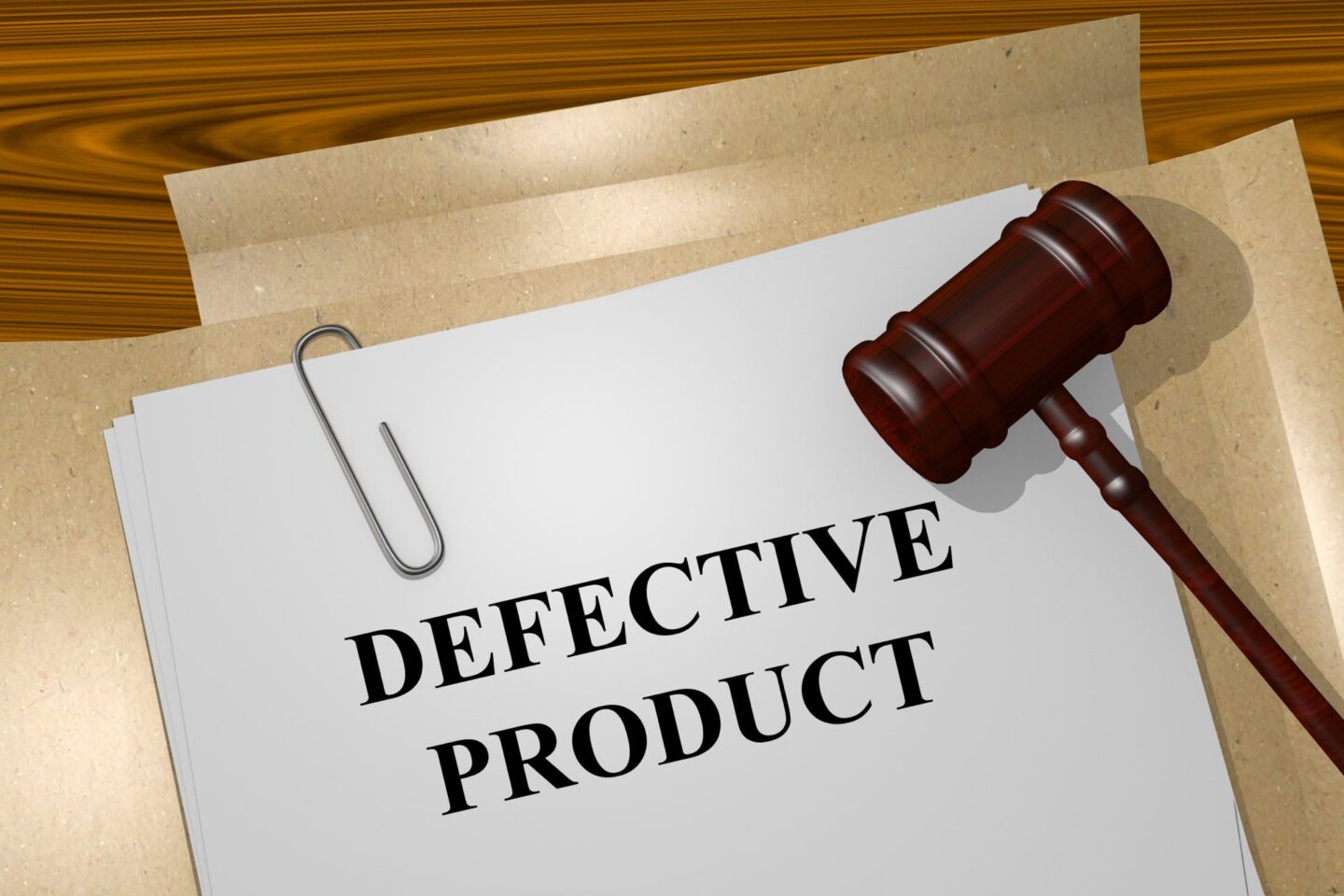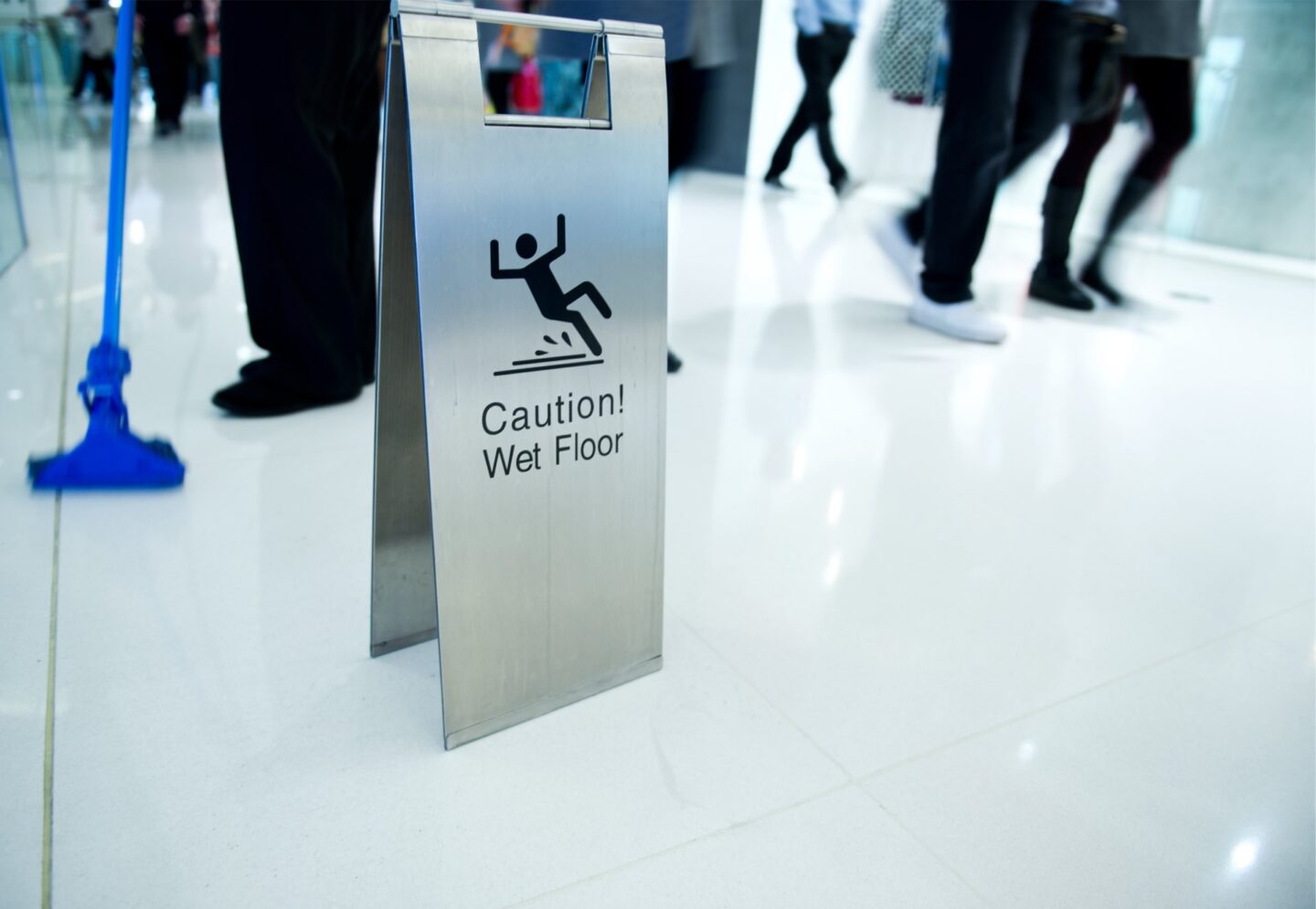Understanding Your Rental Car Coverage
One of the first steps after a collision is to check if your insurance policy includes rental car coverage. Many comprehensive and collision insurance policies provide for a rental car, but the specifics can vary. Here’s how to determine your coverage:
- Review Your Policy: Look for sections on rental reimbursement coverage. This coverage is often an add-on and can significantly ease the burden of finding transportation while your vehicle is being repaired.
- Contact Your Insurance Agent: If you’re unsure about your coverage, give your insurance agent a call. They can provide detailed information about your policy and the process for getting a rental car.
- Understand Limits and Restrictions: Rental coverage often comes with daily and total limits. Ensure you know the maximum amount your insurance will cover per day and the total duration they’ll pay for.
Steps to Get a Rental Car Through Insurance
If your insurance covers rental cars, follow these steps:
- File a Claim: Start by filing a claim with your insurance company. Provide all necessary details about the accident and any damage to your vehicle.
- Get Approval: Your insurance company will need to approve your rental car request. This usually involves verifying your coverage and the specifics of your claim.
- Choose a Rental Agency: Many insurance companies have partnerships with specific rental agencies, which can streamline the process. However, you can typically choose any reputable rental agency.
- Pick Up Your Rental: Once approved, head to the rental agency to pick up your car. Ensure you understand the terms of the rental agreement, including how long you can keep the car and any mileage restrictions.
Getting a Rental Car Without Insurance Coverage
If your policy doesn’t include rental reimbursement, or if you’re waiting for a claim to be processed, there are still ways to secure a rental car:
- Use Your Credit Card: Many credit cards offer rental car insurance as a perk. Check with your credit card company to see if they provide this benefit and understand the terms.
- Look for Special Rates: Some rental agencies offer special rates for individuals dealing with car repairs. Explain your situation when booking to see if you qualify for any discounts.
- Consider Alternative Transportation: Depending on your location and the extent of your car’s damage, it might be worth considering alternative transportation methods such as public transit, ride-sharing services, or carpooling with friends or family.
Navigating Without Insurance
If you don’t have insurance or your insurance doesn’t cover rental cars, you’ll need to pay out of pocket. Here’s how to manage:
- Shop Around: Different rental agencies offer varying rates. Compare prices online and look for deals or discounts.
- Negotiate: If you’re renting for an extended period, try negotiating a lower rate. Rental agencies may offer a discount for long-term rentals.
- Consider Rental Alternatives: Sometimes, it might be more cost-effective to rent a car through a peer-to-peer car-sharing service, such as Turo, which can offer competitive rates.
Final Tips
- Keep All Receipts: Whether you’re paying out of pocket or going through insurance, keep all receipts and documentation related to your rental car. This is important for reimbursement or tax purposes.
- Understand Your Liability: Ensure you’re clear about your liability in case the rental car gets damaged. If your insurance or credit card doesn’t cover it, you might want to purchase additional coverage from the rental agency.
- Return the Car on Time: Avoid extra charges by returning the rental car on time. If you need an extension, contact the rental agency in advance to discuss your options.
Navigating the process of getting a rental car after a collision can be daunting, but with the right information and preparation, you can ensure you’re back on the road with minimal hassle. Whether you have insurance coverage or not, understanding your options and taking proactive steps will help you manage this challenging time more effectively.














